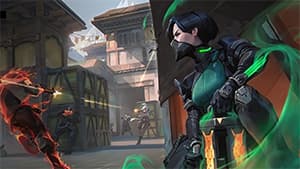
If you're here, it means you're into Valorant – and so am I. The hype for this game is real. But to truly unlock your potential and get those clutch kills, you need to have the best equipment. That starts with the right laptop.
So let's get into it – what should you look for when buying a laptop for Valorant? It's essential to have a machine that can handle the game's fast-paced action and tactical gameplay without a hitch. This means you need a laptop with a strong processor and a dedicated graphics card. You'll also want a laptop with a high refresh rate screen to give you the edge on your opponents.
Don't worry, though; I'm here to help. In this guide, we'll break down the top considerations for purchasing the best laptop for Valorant. Then, we'll provide you with some specific recommendations based on your budget, so you can get the most bang for your buck. Let's dive in!
Processor
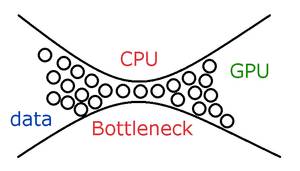
Valorant can easily go to 100 FPS and beyond due to its visual simplicity. When it comes to choosing a laptop for playing Valorant, the processor is one of the most important components because at the highest framerates CPU becomes just as important as the graphics card.
Requirements
If you're interested in getting the most out of Valorant – you'll need to be equipped with a decent CPU. A perfect match would be AMD Ryzen 5 and Intel Core i5, but even that is not necessary. If you simply want to play comfortably on Full HD 60Hz display (which is the most common option) – even a Core i3 and Ryzen 3 will be sufficient. Riot Games did a great job at keeping the game accessible.
Recommendations
In short, here are my recommendations for playing Valorant:
- Ryzen 3 3250U – cheapest option that can deliver decent performance at ~$400.
- i5-10300H – perfect for achieving higher framerate and getting the most out of Valorant's potential. A good alternative – Ryzen 5 4500U. These two CPUs can be found in laptops at ~$750 and both offer great performance for the price, often rivaling more expensive processors.
- i5-1135G7 – great option if you want a well-rounded non-gaming laptop that can play Valorant with integrated graphics.
- i7-10750H and Ryzen 5 4600H – great upper-range processors that deliver best performance under $2000.
- Ryzen 9 5900HS – best CPU for laptops with a high refresh rate display. Expect to spend $2,000 or more.
- Ryzen 3 3250U is good for budget laptops
- choose at least AMD Ryzen 5 or Intel Core i5 processors for best performance in Valorant
Graphics card

Valorant, is the perfect example of a game that's been designed to hit high framerates. At these high framerates, CPU is just as important as the GPU. With this in mind, we can save some money on the GPU and skip the latest and greatest graphics cards – RTX 2080, RTX 3070 and RTX 3080. Of course, these cards can be great if you want the absolute best laptop for Valorant.
Minimum graphics (under $700)
The only available options in this category are older generation graphics (GTX 1000s or older Radeon graphics) or integrated graphics. Integrated means it's baked right into the CPU and it isn't a separate module like dedicated graphics cards. So there's not much to say – if you're on a tight budget, then these will work well for you. If you get a latest-gen processor (11th generation Intel Core or 6th gen AMD Ryzen), then you can hit 100 average FPS. A great example would be Intel Core i5-1135G7, which has one of the better integrated graphics chips.
Recommended graphics ($700 – $1400)
For those that can afford something slightly better, I recommend GTX 1650 or even GTX 1660 Ti. These cards are perfect for anyone looking for a great balance between price and performance. GTX 1650 reaches ~145 FPS and GTX 1660 Ti hovers around 180 FPS. These are great if you want a mid-range high refresh rate display laptop. These cards aren't great if you want ray-tracing in other games.
Best graphics ($1400+)
However, the best choice for playing Valorant will likely be RTX 3060. It's a graphics card that delivers 250 FPS on high settings on Full HD. This is an impressive feat for a mid-range card. 3060 can be paired with 240Hz display. As I said before, it's always possible to go for RTX 3070 or even RTX 3080 but Valorant isn't the game for these GPUs.
- your best bet is to get an RTX 3060 (GTX 1650 or GTX 1660 Ti are also great)
- if you want something cheaper, then go for GTX 1000s or older Radeon graphics
- if you want a high refresh rate display, then go for an RTX 3060
Memory
Minimum (8 GB)
First of all, let me say that 8GB is more than enough to run Valorant. The only problem is that you might not be able to do anything else on your laptop. That's why I wouldn't recommend it anyone but the budget gamers.
Recommended (16 GB)
If you're serious about playing Valorant, or any other game, I recommend getting 16GB. It's the minimum for more demanding titles and for multitasking. As I've mentioned many times over, the best way to make sure your laptop won't struggle is to buy a model with more RAM from the get-go.
Best (32 GB)
If you're an avid gamer or multitasker, or just want to be ahead of the pack – consider buying a laptop with 32GB of RAM. That will make sure that your laptop will always have enough resources to run any game without slowing down and make sure that you'll have enough RAM for all your applications and games simultaneously for years to come.
- 8GB is enough if you're on a budget, but won't be enough if you're serious about gaming or multitasking
- 16GB is recommended for gaming and multitasking, but you might want to consider getting 32GB if you're an avid gamer or multitasking
Storage
Is HDD an option?

No, no, no. Hard drives are OK as a secondary storage but not as your primary drive. HDD will be a much slower choice, especially when it comes to loading and starting the game.
Price
You know what's the best part about SSDs? They're getting cheaper every day! Here's the current situation:
- 256 GB laptops cost ~$550
- 512 GB laptops cost ~$1000+
- 1 TB laptops cost ~$1600+
These numbers are just averages, so you'll likely stumble upon some laptops well below these prices, but considering we've already decided on above-average CPU and GPU – don't expect to find a laptop with plenty of storage below these rough prices.
Upgrading
What if you need more space? Sure, upgrading is always an option! Laptop storage is easy to upgrade – not as easy as RAM or graphics card, but still easier than nearly everything else. It all depends on your laptop – some manufacturers void warranties if you tamper with the internals, so make sure you're buying a laptop that won't fill up for at least one year before upgrading anything.
Recommendations
So, my recommendation is to go with at least 512 GB of storage space on your laptop – that way you'll have enough space for playing Valorant, and then some room for future updates and patches. Sure, 1 TB is better, but not everyone can afford it at the moment.
- SSDs are getting cheaper every day
- HDD is OK as a secondary storage but not as your primary drive
- 512 GB is enough for most games and future patches/updates
- 1 TB is better but not everyone can afford it at the moment
Display
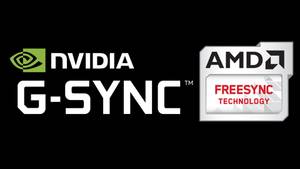
To help you find the best laptop for Valorant, I'll list every imporant display metric that can be important to your decision.
Resolution
This is the first and most important decision. Most already know that CS:GO players have been stuck on HD-ish (yes, regular HD, not Full HD) for years. Valorant is well optimized so we don't really need to think about downscaling below 1080p. Is there any reason to go for QHD or 4K? For competitive minded players – I'd say no. It's better to get a 144Hz or 240Hz display instead. And ultra high resolutions just look weird on a small 15" display. You could try to go for a pretty sweet compromise – 144Hz QHD, but that's only an option if you've truly deep pockets.
Refresh rate
For an ultra-smooth experience, look for a laptop with a high refresh rate – 120Hz to 240Hz. It's becoming THE spec for competitive displays so don't ignore it if you're not going to game on an external display.
Response time
If you want to find the best laptop for Valorant, this is worth paying attention to. TN panels will have lower response times than IPS panels – but they'll also have lower quality. For the average gamer, response time is not that important – but if you're trying to match a high refresh rate with an IPS panel – make sure it's 2ms (or even 1ms GTG) to avoid ghosting that's more common with IPS screens.
Adaptive sync (G-Sync/FreeSync)
Adaptive sync can help smooth out screen tearing and stuttering. It can also make games more immersive – and it comes with little to no drawbacks. It's a solid investment, especially if you're getting a high refresh rate display. But given Valorant's high framerates, tearing shouldn't be an issue and I'd only look at G-Sync as a nice-to-have and not as a hard requirement.
null
Table of Best Laptops for {topic}
| Laptop | Price (approx) |
5 Best Laptops for Valorant
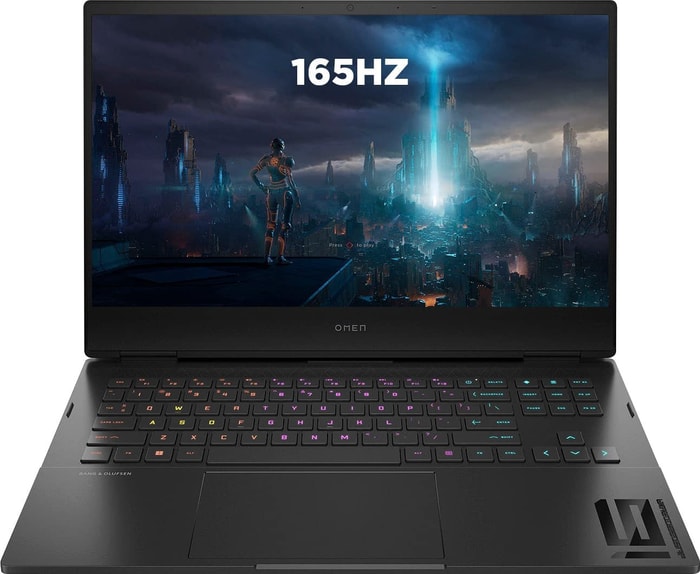 $730
$7301.HP Omen 16
Valorant laptop- Solid processor (i7-12700H)
- Terrific graphics card (RTX 3060)
- Solid display (16.1 IPS)
- One of most affordable laptops with an Intel i7 processor
- Unremarkable memory amount (16GB)
- Weighty (5.98 lbs)
Alternatives
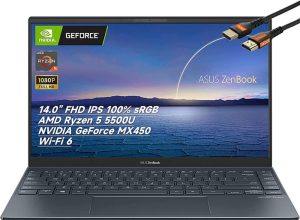 $640
$640ASUS Zenbook
- Fast processor
- Long battery life
- Limited ports
- Soldered RAM that cannot be expanded
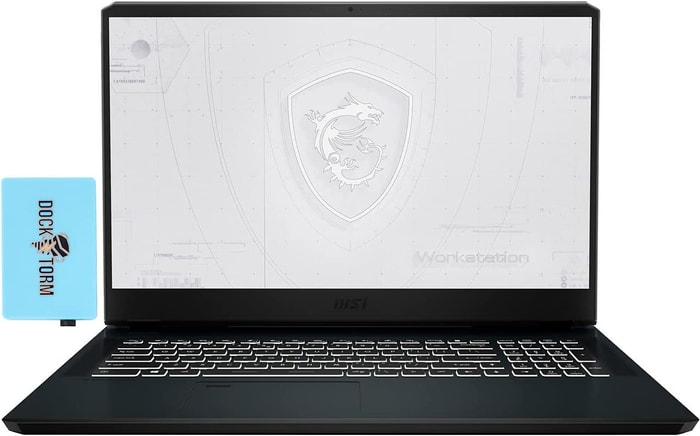 $800
$8002.MSI WE76 11UK
Valorant laptop- Fair processor (i7-11800H)
- Very good graphics card (RTX A3000)
- Solid memory amount (64GB)
- Colossal 16TB SSD
Alternatives
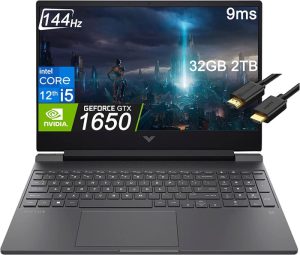 $880
$880HP Victus 15
- Excellent price
- Good gaming performance
- Bad battery life
- Rather plain design
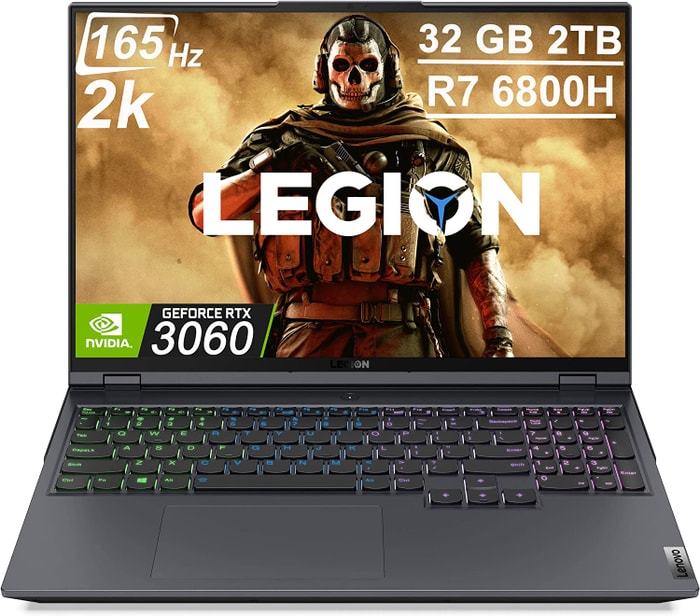 $1,350
$1,3503.Lenovo Legion 5 Pro
Lenovo Legion 5 Pro offers great gaming experience but has average battery life and no Thunderbolt support.- High-quality 165Hz 16:10 IPS display
- Relatively easy serviceability
- Integrated numpad
- Very fast charging
- Low resolution webcam with no IR or privacy shutter
- Very warm CPUGPU temperatures when gaming
- Moderate-heavy uneven backlight bleeding
- Only average battery life
Summary
Lenovo Legion 5 Pro provides an immersive gaming experience with its high-quality 165Hz 16:10 IPS display, MUX support, and very fast charging. However, it has only average battery life, very warm CPU/GPU temperatures when gaming, and no Thunderbolt support.
Reviews
Alternatives
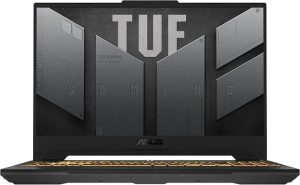 $1,300
$1,300ASUS TUF F15 FX507ZM-ES74
- Fast performance, with a high TGP target
- High refresh rate IPS panel with full sRGB coverage
- Chassis base and lid are not sturdy enough
- No per-key RGB lighting
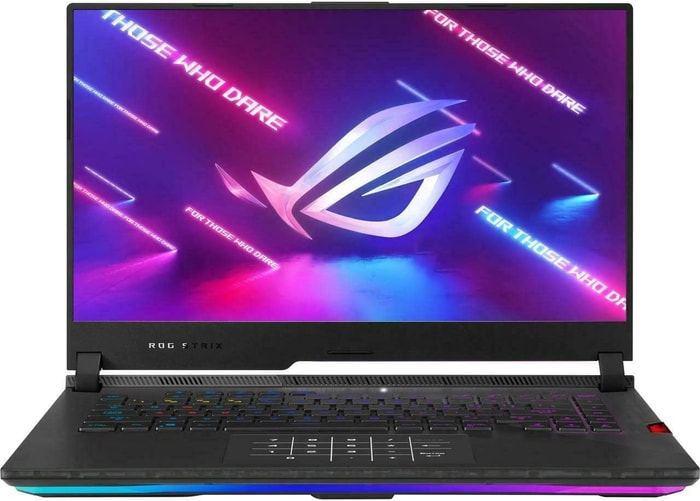 $2,310
$2,3104.ASUS ROG Strix Scar
ASUS ROG Strix Scar: Top-notch gaming performance at a premium price.- Unhindered Core i9-12900H and RTX 3070 Ti performance
- Excellent response times and no PWM
- Wide color gamut coverage with Dolby Vision support
- Sturdy construction
- Limited display angle
- High heat and noise emissions under load
Summary
The ASUS ROG Strix Scar 15 G533 is a high-end laptop that offers excellent gaming performance with a powerful Core i9-12900H processor and an RTX 3070 Ti GPU. Its impressive 240Hz display with Dolby Vision support, along with fast Wi-Fi 6E, makes it a top pick for gaming enthusiasts. However, it's let down by its limited viewing angles, high heat and noise emissions, and poor battery backup.
Reviews
Alternatives
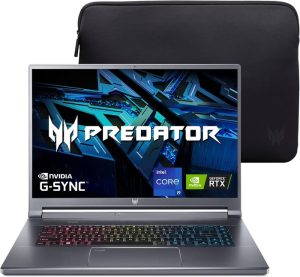 $2,500
$2,500Acer Predator Triton 500
- High performance capabilities
- Excellent, bright 240-Hz display
- Soldered-in RAM
- Inaccessible SSD
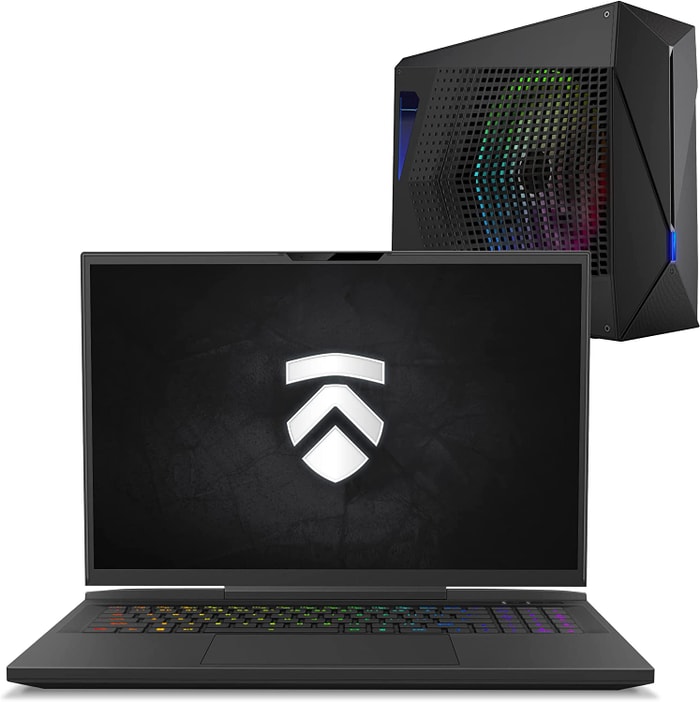 $4,200
$4,2005.Eluktronics MECH 17 GP2 Liquid Cooled
Valorant laptop- Great processor (i9-13900HX)
- Very good graphics card (RTX 4090)
- Superb display (17.3 IPS G-Sync)
- Very good memory amount (64GB)
Alternatives
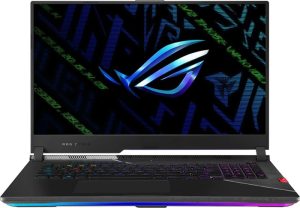 $3,800
$3,800ASUS ROG Strix Scar G733CX-XS97
- Good QHD panel with 240 Hz
- High and stable gaming performance
- Inconsistent SSD performance
- Additional premium for
Table of the Best Laptops for Valorant
| Laptop | Price (approx) |
| HP Omen 16 | |
| MSI WE76 11UK | |
| Lenovo Legion 5 Pro | |
| ASUS ROG Strix Scar | |
| Eluktronics MECH 17 GP2 Liquid Cooled |

